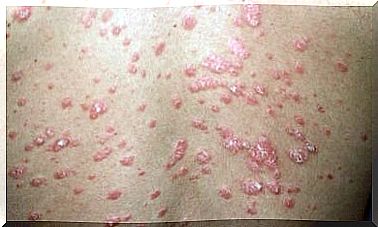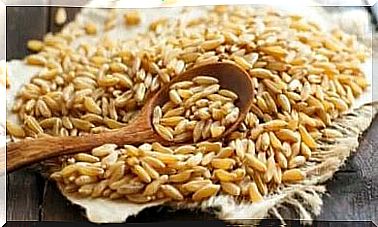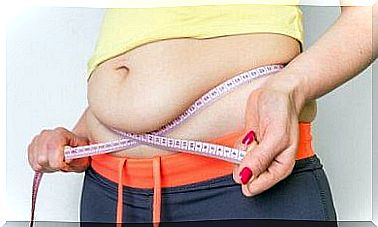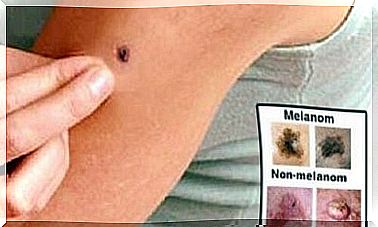What Do You Need To Know About The Mediterranean Diet?
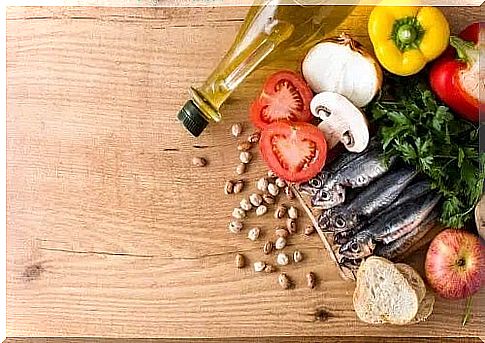
What you need to know about the Mediterranean diet?
Undoubtedly, the Mediterranean cultural heritage transmits to us healthy eating habits, which are beneficial at any age. In addition, this cuisine is famous in countries everywhere and ranks first in the top of the healthiest diets in the world.
If you have decided to change your eating habits, read on and find out the basics of the Mediterranean diet.
About the Mediterranean diet: benefits
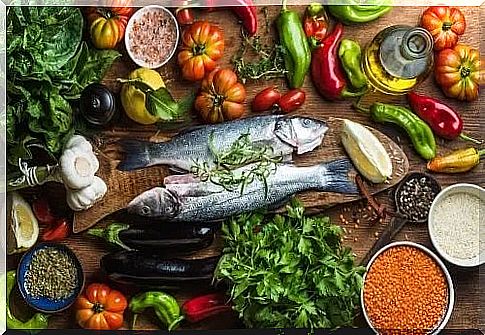
Numerous scientific studies have highlighted the potential benefits of adopting a Mediterranean diet. The Mediterranean diet has become one of the most famous diets in the world. This is mainly due to its many health benefits.
Discover the following advantages of the Mediterranean diet:
1.
The Mediterranean diet is associated with a low level of “bad” cholesterol (LDL).
2. The Mediterranean diet helps you live longer, promoting longevity.
3.
4. The Mediterranean diet can be helpful in preventing cancer.
About the Mediterranean diet: how should you get started?
The first step to start a Mediterranean diet is to know its foundation, ie the foods that make up this diet and make it one of the healthiest in the world.
Here’s what this is about:
1. Olive oil as a favorite source of fat

Olive oil makes the Mediterranean diet rich in vitamin E, monounsaturated fatty acids and antioxidants. It is used to flavor salads, to toast, to spread on toast and for any dish that needs fat, such as sauces or steak!
If you start a Mediterranean diet, do not use butter, but only olive oil when cooking.
2. Daily consumption of plant foods
3. Daily consumption of whole grains
Eat one or two servings of whole grains every day, preferably in the form of brown or wild rice, pasta, bread, couscous or other similar foods. Always choose the integral variants and avoid the refined ones or those with chemical additives.
The carbohydrates that come from these foods provide you with the energy you need to perform all your daily tasks.
4. Fresh and seasonal foods

By buying and consuming seasonal foods, locally produced, you will get large amounts of beneficial nutrients and you will enjoy the taste and aroma. Choose less processed foods and eat seasonal fruits and vegetables. This is a healthy strategy that is also environmentally friendly.
5. Reducing the consumption of red meat
Due to health problems caused by excessive intake of animal fat, it is recommended to eat processed and red meat in small quantities. The Mediterranean diet involves the consumption of low amounts of saturated fats.
6. Daily consumption of healthy dairy products
Daily consumption of yogurts and cheeses is part of the Mediterranean diet. They are a source of essential minerals, such as calcium and phosphorus, vitamins and proteins of high biological value.
7. Eat fish twice a week and eat eggs three or four times a week
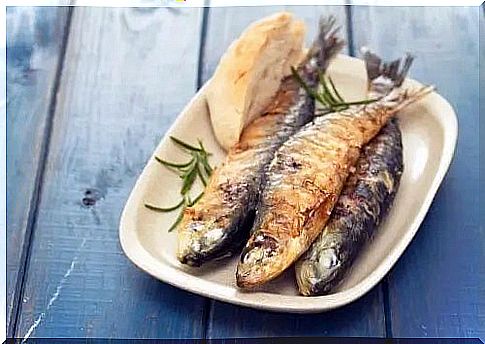
To start your Mediterranean diet, it is important to reduce your consumption of red meat and eat fish, as it is an important source of omega-3 fatty acids. They also eat eggs because they are an excellent source of protein.
8. Reducing the consumption of pastries and sweets
This does not mean that you should completely eliminate pastries from your diet. However, don’t forget that you should consume them very rarely. In fact, we recommend serving less than two servings a week.
9. Increasing water consumption
Water is a fundamental pillar of the Mediterranean diet and should be your favorite drink. Wine is also part of this diet, but it is healthy only when consumed in moderation.
10. Performing physical exercises
A balanced diet is not the only thing you need to be healthy. Don’t forget to exercise regularly to enjoy healthy iron.
As you can see, starting the Mediterranean diet involves a number of changes in eating habits. Consult your doctor if you have any questions about this diet. He or she will guide you through the entire process and will be able to help you create a menu based on your energy and nutritional needs.




